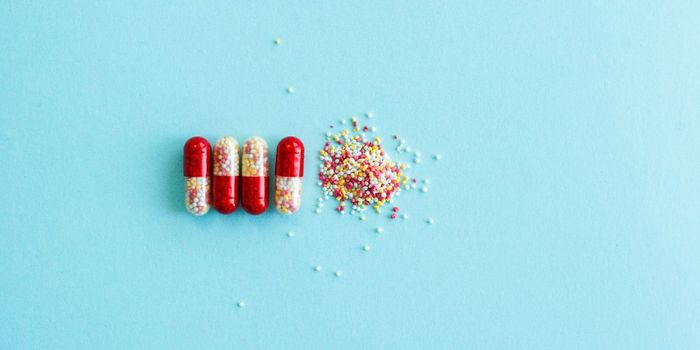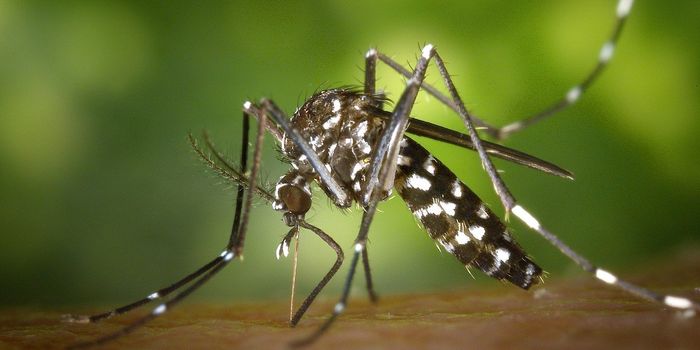Could False Cannabis Information Online Be Harmful To Public Health?
Under federal law, cannabis is illegal and considered a class 1 drug, meaning that it is perceived to have no medical value, with a high potential for users to abuse the drug. However, in the United States, 11 states have legalized the recreational use of cannabis, and 33 states have legalized its use for medical purposes. The use of cannabis remains completely illegal in the states of Idaho, South Dakota and Nebraska.
Further, derivative compounds of the cannabis plant have been approved by the FDA to be prescribed to patients suffering from certain disorders, making the cannabis landscape even more challenging to navigate in regard to where officials stand on its legality. These derivative compounds include Marinol (THC), Syndros (THC), Cesamet (nabilone), and Epidiolex (cannabidiol).
The complexity on the legal side of things has the potential to create great confusion amongst the general population. A recent article from Forbes says that the sharing of misinformation online and through social media could exasperate this confusion. Thomas LaVeist, dean of the School of Public Health and Tropical Medicine at Tulane University, says that "the amount of misinformation in social media is a very serious threat to the public's health."
Photo Source: Pixabay.com
"Cannabis Surveillance with Twitter Data: Emerging Topics and Social Bots," a new study from the University of Southern California published in the American Journal of Public Health, states that many unsupported claims are being made regularly on socials about the health benefits of cannabis. The study identified that bots are posting false information that goes against scientific research and facts. Due to the significant role that social media plays in how people receive their news, this is a real spreading of misinformation that could lead to harmful consequences.
"We have seen the impact of people adopting believes that can be harmful to their health, such as claims that vaccines cause autism or that cell phones cause brain cancer," says LaVeist. "If people act on this false information, they might fail to take actions that protect health, such as getting an annual flu shot. Last year more than 8,000 Americans died from the flu."
The study is concerned that people will take the information shared on social media about cannabis as truth without doing further research, and potentially opt-out of seeing a medical professional when needed. Another concern is the lack of awareness of the adverse effect of this drug.
"While proponents of legalizing cannabis say that the drug is safer than alcohol, repeated cannabis use is associated with the potential for cannabis dependence, other substance use disorders and increased risk of schizophrenia, among individuals with a specific genetic makeup," explains Dr. Jon-Patrick Allem, assistant professor of research at the University of Southern California.
Sources: Forbes, American Journal of Public Health


![[Guide] 7 Strategies to Boost Laboratory Collaboration](https://d3bkbkx82g74b8.cloudfront.net/eyJidWNrZXQiOiJsYWJyb290cy1pbWFnZXMiLCJrZXkiOiJjb250ZW50X2FydGljbGVfcHJvZmlsZV9pbWFnZV83YzBjZWIwM2Y5YzI4MmFlYzBhZDZhMTcyNTQ1ZGU3YmE4Y2MzMDYyXzUxNDkuanBnIiwiZWRpdHMiOnsidG9Gb3JtYXQiOiJqcGciLCJyZXNpemUiOnsid2lkdGgiOjcwMCwiaGVpZ2h0IjozNTAsImZpdCI6ImNvdmVyIiwicG9zaXRpb24iOiJjZW50ZXIiLCJiYWNrZ3JvdW5kIjoiI2ZmZiJ9LCJmbGF0dGVuIjp7ImJhY2tncm91bmQiOiIjZmZmIn19fQ==)






